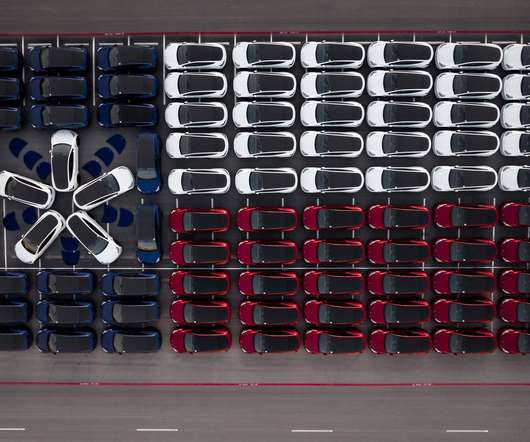Congressionally-created Commission Recommends Mileage Tax Instead of Fuel Tax for Transportation Infrastructure Financing
Green Car Congress
FEBRUARY 26, 2009
A bi-partisan Congressionally-created commission has recommended a shift from motor fuel taxes to direct fees charged to transportation infrastructure users—i.e., An ever-expanding backlog of investment needs is the price of our failure to maintain funding levels—and the cost of these investments grows as we delay.



















Let's personalize your content